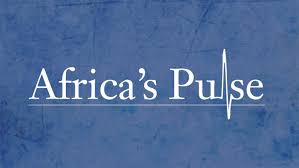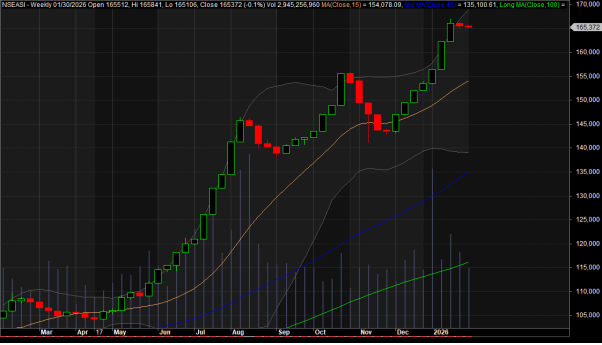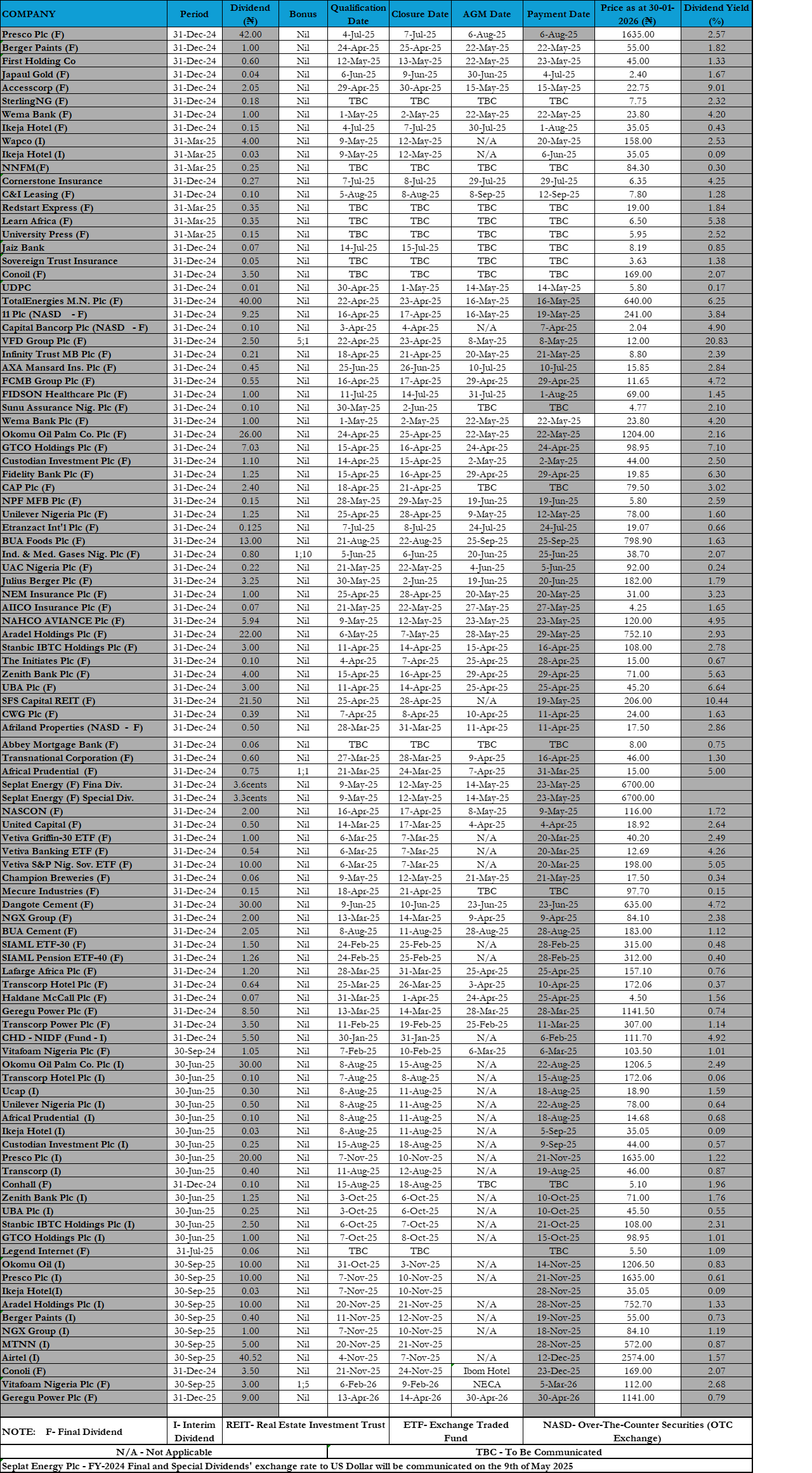
•Nigeria To Be Hardest Hit, As Continent Slips Into First Recession-
These are not the best of times for Sub-Saharan Africa, going by a new report published Thursday by the World Bank Group, projecting that the continent could slip into its first recession in 25 years, owing to the impact of the ravaging Coronavirus (COVID-19) now spreading across the globe
According to the report Africa’s Pulse, the pandemic is expected to cost sub-Saharan Africa $37bn to $79bn in output losses this year due to trade and value chain disruption, among other factors, as the region’s economy contracts by between 2.1% and 5.1% in 2020. This is a wide divergence from last year when the continent’s economy grew by a robust 2.4%.
It is for this reason, perhaps, that the African Development Bank, on Wednesday announced the approval of $10bn to help member countries mitigate the impact of the scourge (READ MORE).
According to the World Bank report titled: “An Analysis of Issues Shaping Africa’s Economic Future,” the downward growth revision in 2020, is a reflection of “macroeconomic risks arising from the sharp decline in output growth among the region’s key trading partners, including China and the Euro area, the fall in commodity prices, reduced tourism activity in several countries, as well as the effects of measures to contain the COVID-19 global pandemic.”
The shockwave sent by the pandemic, the world Bank report added, “is hitting the region’s three largest economies—Nigeria, South Africa, and Angola—in a context of persistently weak growth and investment, and declining commodity prices.
“The prices of crude oil and industrial metals have fallen sharply (by 50% and 11% respectively, between December 2019 and March 2020),” following which average real gross domestic product (GDP) growth in the three countries could fall by between 6.9% and 8% in 2020.
More generally, countries that depend on oil exports and mining would be hit the hardest, with growth falling by up to 7% in oil-exporting countries and by over 8% in metals exporters compared with the no-COVID base case.
Growth in non-resource-intensive countries is expected to slow down, but remain positive, just as it is projected to weaken substantially “in the two fastest-growing areas—the West African Economic and Monetary Union where outbreaks are spreading rapidly and the East African Community—due to weak external demand and disruptions to supply chains and domestic production.
“Activity in tourist-dependent countries is expected to contract sharply in response to severe disruption to travel and tourism activities, with the COVID-19 outbreak severely impacting the welfare of large numbers of individuals in the region, without mitigating policy responses.
Sub-regional trade blockages, the report added, will increase transaction costs and lead to even larger welfare losses, urging African countries to seize the opportunity to strengthen regional value chains in the context of the African Continental Free Trade Area.
“The COVID-19 crisis has the potential to create a severe food security crisis in Africa. Agricultural production is likely to contract between 2.6% in the optimistic scenario and 7% in the scenario with trade blockages. Food imports also decline substantially (from 13 to 25%) due to a combination of higher transaction costs and reduced domestic demand.
Current account deficits in the region could widen amidst the deteriorating trade balances due to falling exports, the World Bank added, noting the pressures on foreign reserve buffers in Nigeria that prompted its central bank to let the Naira weaken against the US$ for the first time since mid-2016.
“Low levels of capital inflows could force some countries to finance their current account deficit through reserve drawdowns, exposing them to further currency depreciation which could generate inflationary pressures.”
While fiscal deficits are projected to widen amid falling government revenues on the continent, deterioration of fiscal balances is expected to be greater in commodity-exporting countries like Nigeria and those that are dependent on tourism revenues.
In view of the troubled times ahead, the report noted that oil abundant countries like Nigeria are already revising their 2020 national budgets with price assumptions higher than the average crude oil price.











